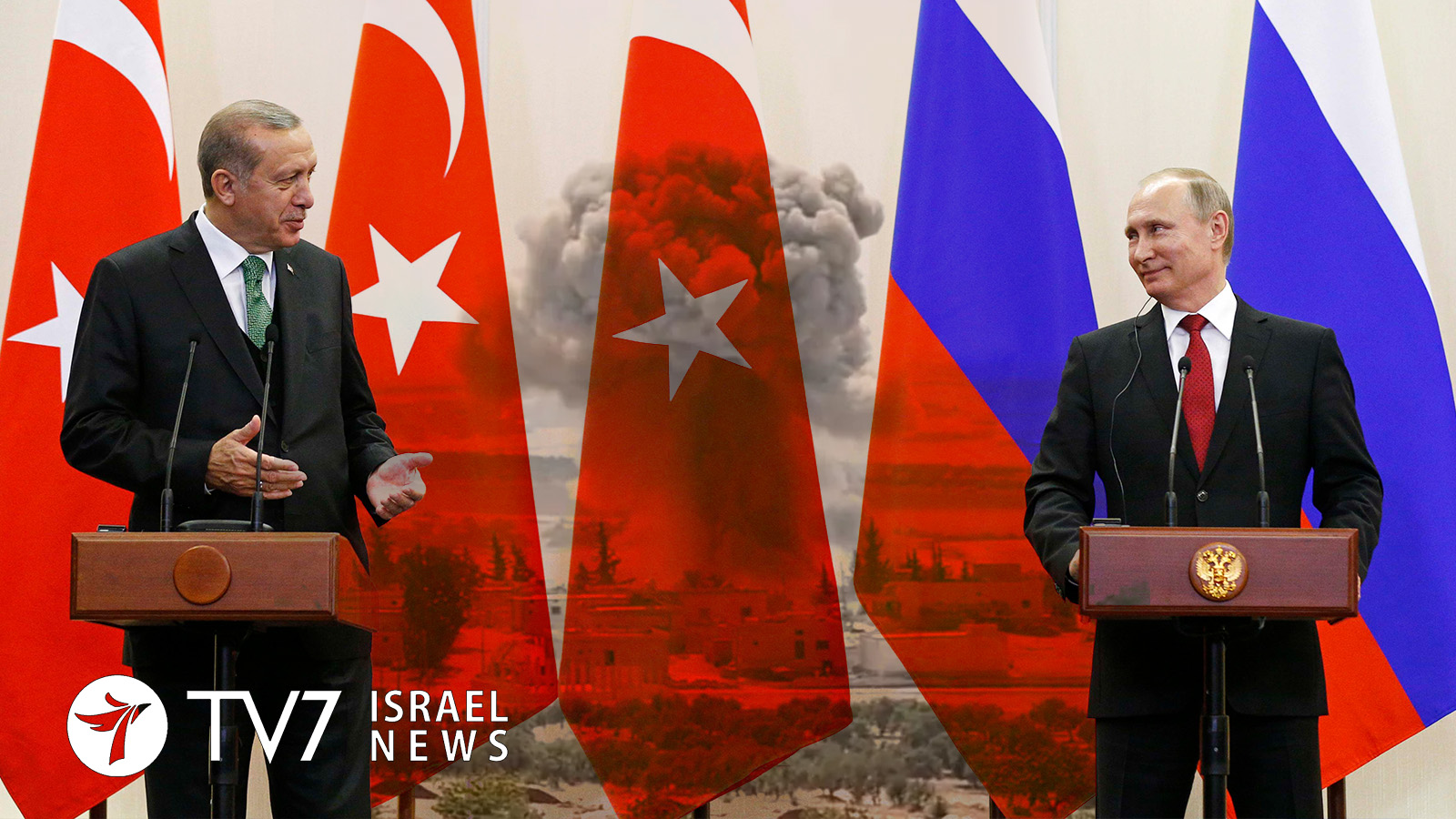Russia and Turkey informed the United Nations that they were still trying to work out details vis-à-vis their plan to avert a major battle in the country’s northwestern Idlib province. Following a meeting of the U.N. Syria humanitarian taskforce in Geneva, the world body’s humanitarian adviser asserted that the agreement proves that amid human-made catastrophe, diplomacy can win. U.N. Humanitarian adviser Jan Egeland said, “We’re relieved that the agreement came. It came in the 11th hour really. There seemed to be a relentless countdown to a war that would potentially engulf 3 million civilians. I think it shows that diplomacy can win, must more often win in this man-made catastrophe.” While Moscow and Ankara indicated optimism about hammering out the details of a de-escalation zone surrounding Idlib, the Islamic Republic of Iran and its Shi’ite proxies asserted the importance of eradicating the terrorist organizations operating in the northwestern Syrian province, a position maintained by Damascus. Referring to the city of Idlib, Syria’s Ambassador to the U.N. in Geneva Hussam Edin Aala said “the Syrian state is determined to liberate it from terrorist groups, including Jabhat Al Nusra – which is classified by the U.N. Security Council as a terrorist entity. (We also want) to reinstate government rule over the city, in response to the requests of our people who are in need of protection from the crimes of the terrorists.” As part of the de-escalation agreement, Turkish Foreign Minister Mevlut Cavusoglu announced, in a joint press conference with his Jordanian counterpart Ayman Safadi, that Turkey will maintain its 12 military observation posts surrounding Syria’s Idlib province and will deploy additional troops for the purpose of carrying out joint patrols together with the Russian military. According to Cavusoglu, “Turkey and Russia will carry out joint, coordinated patrols here, around the Idlib border. We will need to make additional troop deployments here. Our 12 observation posts will remain.” In response to the developments regarding the Russian-Turkish agreement for Idlib, German Foreign Minister Heiko Maas, who recently visited Ankara, underscored Berlin’s interest to see “a stable Turkey,” while stressing Ankara’s positive role in preventing a humanitarian catastrophe in northern Syria. In his words, “We have a great interest in a stable Turkey, also economically but I believe Turkey is capable of reaching the necessary decision on its own order to restore this stability. We also notice that Turkey on the issue of Syria and the situation in Idlib, it played an extraordinarily positive role. Ultimately Turkey succeeded in agreeing on a demilitarized zone with Russia, something which is very important and one prerequisite to avoid a humanitarian catastrophe there.” While most of the international community have voiced support in thwarting a Syrian offensive in Idlib, none of Syria’s opposing the Assad regime pointed to the fact that the militias controlling Idlib include: the Islamic State and the al-Qaeda linked group, Hayat Tahrir al-Sham.
